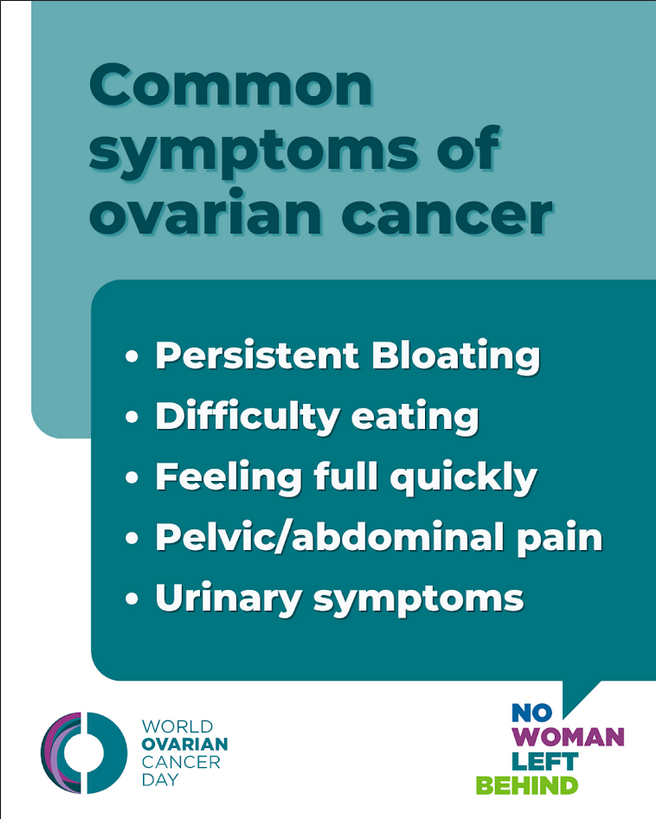“There are many ways to treat hot flushes and vaginal
dryness, but no other treatment has been shown to be
as effective as oestrogen replacement therapy…”.1
Umbrella
What may the Hot Flushes Treatment Umbrella include?
Depending on the Source (DotS) this Umbrella may include:
- Complementary and Integrative Health
- Hormone Replacement Therapy
- Hormone Therapy
- Hot Flashes/Flushes Treatment/s
- NonHormonal Prescriptions
- Selective Serotonin Reuptake Inhibitors
Hormone Therapy
Is hormone therapy (HT) or menopausal hormone therapy (MHT) the most effective treatments for hot flushes?
In The 2023 Practitioner’s Toolkit for Managing Menopause: Management – Menopausal Hormone Therapy, published online 30 October 2023, the authors note:
What is VMS?
VMS can be an abbreviation for Vasomotor Symptoms which include hot flushes and night sweats.
In Treatments for Menopause: Menopausal Hormone Therapy – How Does MHT Work? the (Australian) Jean Hailes for Women’s Health (JH) elaborate on:
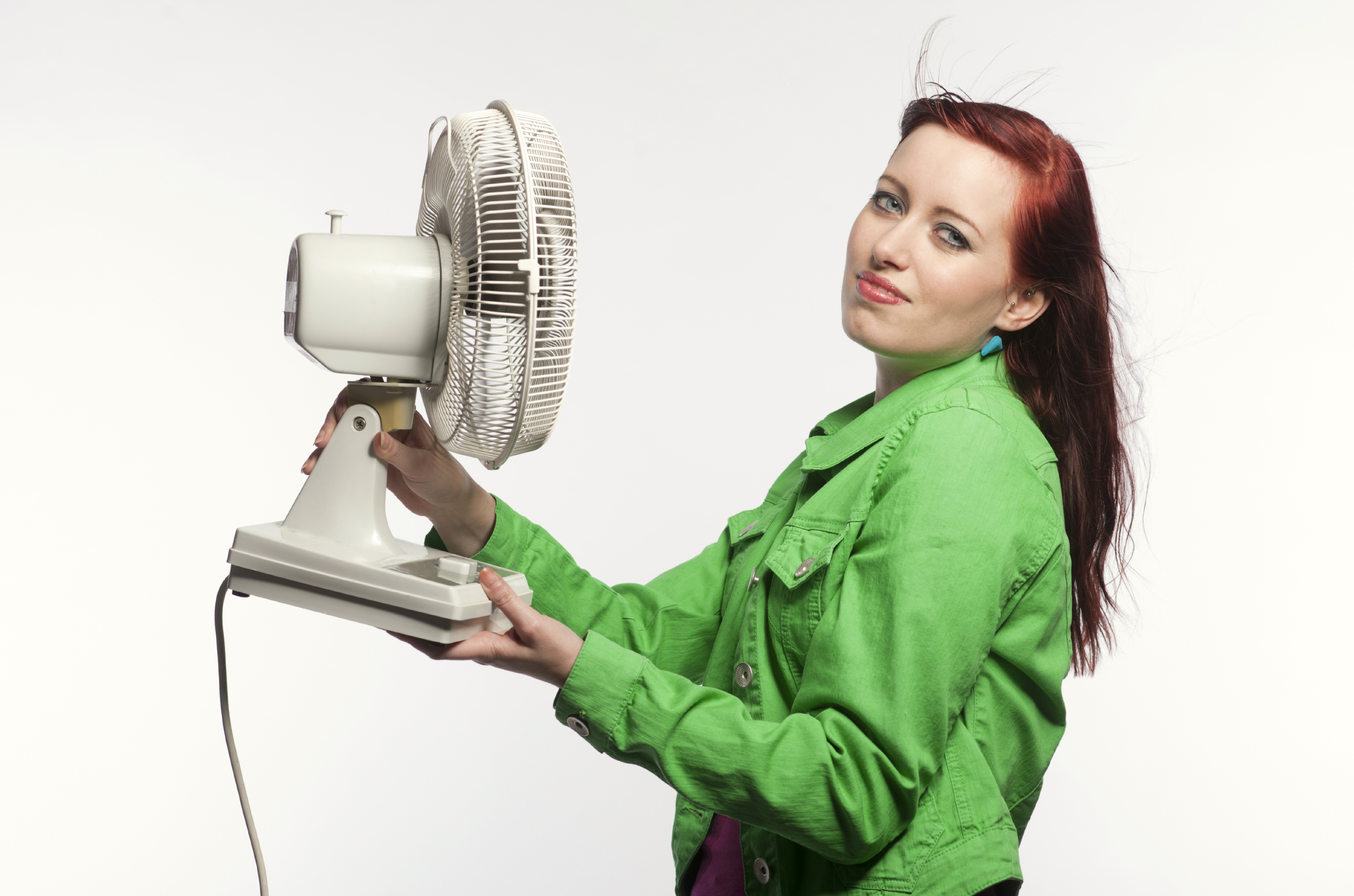
“There are many ways to treat hot flushes and vaginal dryness, but no other treatment has been shown to be as effective as oestrogen replacement therapy (a type of MHT)”.3
On page one in Deciding About Hormone Therapy Use: Potential Benefits, published February 2025, the Menopause Society (formerly the North American Menopause Society) elaborate on:
Hormone Therapy Alternatives
Are HT alternatives available for hot flushes treatment?
In Non-Estrogen Treatments for Menopausal Symptoms the European Menopause and Andropause Society explain:
In Hot Flashes: Treatments for Hot Flashes the Menopause Society (formerly the North American Menopause Society) explain:
- Weight loss
- Cognitive-behavioral therapy
- Clinical hypnosis”.6
Hormone Therapy Alternatives Effectiveness
How effective are HT alternatives for hot flushes treatment?
In Hot Flashes: Treatments for Hot Flashes the Menopause Society explain:
- Acupuncture
- Chiropractic interventions
- Cooling techniques, such as adjusting clothing or environmental temperature
- Dietary modifications
- Dietary supplements such as ammonium succinate, black cohosh, cannabinoids such as marijuana, chasteberry, dong quai, evening primrose, ginseng, Lactobacillus acidophilus, maca, milk thistle, omega-3 fatty acid, pollen extract, rhubarb, vitamin E, and wild yam (dioscorea)
- Exercise and yoga
- Mindfulness-based interventions
- Paced breathing
- Relaxation techniques
- Soy foods, soy extracts, and soy metabolite equol (S-equol)
- Trigger avoidance, such as alcohol, caffeine, spicy foods, or hot foods
That’s not to say that none of these measures have value. In particular, lifestyle measures such as a healthy diet, regular exercise, and stress management through relaxation techniques may play a vital role in chronic disease prevention and a woman’s overall health”.7
In The 2023 Practitioner’s Toolkit for Managing Menopause: Management – Non-Hormonal Options With Evidence To Support Efficacy the authors elaborate on:
Black Cohosh
How effective is black cohosh for hot flushes treatment?
In Lots of Women Try Herbs Like Black Cohosh for Menopausal Symptoms Like Hot Flushes – But Does It Work?, published 20 September 2023, the authors note:
Dietary Supplements
How effective are dietary supplements for hot flushes treatment?
On page two in Nonhormone Treatments for Hot Flashes and Night Sweats the Menopause Society explain:
Despite the lack of evidence supporting their use for VMS, if you plan to use dietary supplements, let your health care professional know so they can ensure they are safe for you, that they don’t interact with any of your medications, and so that they can be appropriately monitored”.10
Antidepressants
What antidepressants can be used for hot flushes treatment?
In Treatments for Menopause: Hormone Treatments for Menopause – Non-Hormone Medicine: Antidepressants according to the JH:
Note: Paroxetine and fluoxetine can reduce the effectiveness of some cancer treatment medicines”.11
In Hot Flashes: Diagnosis & Treatment – Treatments: Antidepressants the (United States) Mayo Clinic elaborate on:
Other antidepressants that have been used to treat hot flashes include:
- Venlafaxine (Effexor Xr)
- Paroxetine (Paxil)
- Citalopram (Celexa)
- Escitalopram (Lexapro)”.12
The Mayo Clinic also note:
Other Medications
What other medications may be used for hot flushes treatment?
In Hot Flashes: Diagnosis & Treatment – Treatments: Other Prescription Medication the Mayo Clinic elaborate on:
- Gabapentin (Neurontin, Gralise, others). This antiseizure medicine helps ease hot flashes. Side effects can include being drowsy, dizzy or tired and swelling in the arms and legs, called edema. Gabapentin (Neurontin, Gralise, others). This antiseizure medicine helps ease hot flashes. Side effects can include being drowsy, dizzy or tired and swelling in the arms and legs, called edema
- Pregabalin (Lyrica). This is another anti-seizure medicine that can help ease hot flashes. Side effects can include being drowsy and dizzy, having trouble focusing, and gaining weight
- Oxybutynin (Oxytrol). This is a pill or patch most often used to treat urinary conditions like overactive bladder. It also may help ease hot flashes in some people. Side effects can include dry mouth, dry eyes, having nausea, and being constipated and dizzy
- Clonidine (Catapres-TTS 1, Nexiclon Xr, others). This pill or patch mostly used to treat high blood pressure, might give some relief from hot flashes. Side effects include being dizzy, drowsy and constipated and having a dry mouth
- Fezolinetant (Veozah). This daily pill treats menopause hot flashes without hormones. It works by blocking a pathway in the brain that helps to manage body temperature”.14
Bioidentical Hormone Therapy
What is it important to note about bioidentical hormone therapy or custom-compounded bioidentical hormone therapy for hot flushes treatment?
On page four of Menopause and Menopause Hormone Therapy: 2. What Is MHT? the International Menopause Society’s (IMS) Leaflet for Women for World Menopause Day 2024, the IMS include:
Health Care Provider
What if I would like help with my hot flushes treatment?
If you would like help with your hot flushes treatment, it may be in your best interest to choose to talk to your health care provider about this.
On page one of the Joint Position Statement By the British Menopause Society, Royal College of Obstetricians and Gynaecologists and Society for Endocrinology on Best Practice Recommendations for the Care of Women Experiencing the Menopause one of the recommendations is:
- “Women should be advised that implementing or maintaining a healthy lifestyle can improve menopause symptoms. A healthy diet (one low in saturated fat and salt and rich in calcium and vitamin D), stopping smoking, reducing alcohol intake and including regular exercise can be beneficial. Reducing caffeine intake may also improve symptoms”.16
In Hot Flashes: What Can I Do? Treating Menopause Symptoms – What’s Right for Me? the (United States) National Institute on Aging elaborate on:
Health Topics A-Z
Where may I find Health Topics A-Z related to Hot Flushes Treatment?
In Health Topics A-Z you may find:
Links
Where may I find Links related to Hot Flushes Treatment?
Your Country may have Links similar to:
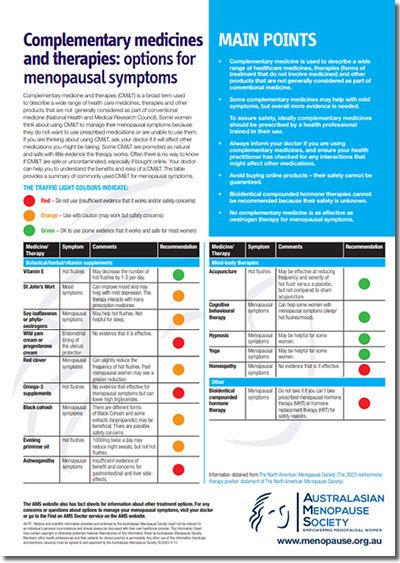
Links
This Links List to third party websites is neither comprehensive nor exhaustive. Inclusion on this Links List does not imply endorsement or recommendation. Non-inclusion on this Links List does not imply non-endorsement or non-recommendation. Third party websites are not under the control of Meno Martha International Menopause Directory. Third party websites may contain explicit medical images and/or sexual references. Please read Meno Martha International Menopause Directory’s Links Policy before proceeding to a Link. Please contact Webmaster if you experience a problem with a Link.New or Updated
- Can Hot Flashes Be Managed Through Diet? [25 April 2025]
- Complementary Medicines and Therapies for Hot Flushes [April 2025]
- Complementary Medicines and Therapies: Options for Menopausal Symptoms [15 April 2025]
- Handling Hot Flushes and Night Sweats| Dr Louise Newson
- Supplements: What Works, What Doesn’t and the Truth About Menowashing [08 June 2025]
- Webinars: Previous – IMS & ISE Symposium: What’s Hot? Options for Treatment of Hot Flushes 2025 [12 March 2025]
- 8 Myths and Truths About Menopausal Hot Flashes
- ACOG Explains: Managing Menopause Symptoms [American College of Obstetricians and Gynecologists]
 Ask Early Menopause [+ Video: What Is Early Menopause?]
Ask Early Menopause [+ Video: What Is Early Menopause?]- BMS TV: Bioidentical Hormones
- BMS TV: Hormone Replacement Therapy (HRT)
- Bioidentical Hormone Therapy
- Bioidentical Hormones: Are They Safer?
- Can Hot Flashes Be Managed Through Diet?
- Complementary Medicines and Therapies for Hot Flushes
- Complementary Medicines and Therapies: Options for Menopausal Symptoms
- Compounded Bioidentical Hormone Therapy [Video]
- Consumer Video and Podcast Series: 2023 Consumer Videos and Podcasts – NAMS 2023 Nonhormone Therapies Position Statement for Bothersome Menopause Symptoms
- Consumer Video and Podcast Series: 2023 Consumer Videos and Podcasts – New FDA-Approved Nonhormone Option for the Treatment of Hot Flashes
- Consumer Video and Podcast Series: 2024 Consumer Videos and Podcasts – Cognitive Behavioral Therapy and Menopause
- Consumer Video and Podcast Series: 2024 Consumer Videos and Podcasts – Preparing for Your Menopause Health Care Visit
- Deciding About Hormone Therapy
- Deciding About Hormone Therapy Use
- EMAS On-Demand Webinars [European Menopause and Andropause Society] [Multiply Languages]: Impact of Estrogen Deficiency on Quality of Life In Asia and the Role of Continuous Combined MHT In Treatment (EN)
- Experts Answer Your Menopause Questions In New Video
- FAQs: Hormone Therapy for Menopause
- FDA 101: Dietary Supplements
- Find A Menopause Practitioner [United States and Other]
- Find An AMS Member [Australasian Menopause Society i.e. Australia and New Zealand]
- Find Your Nearest BMS Menopause Specialist [British Menopause Society]
- Gabapentin for Hot Flashes: What To Know
- Guidance on Menopausal Hormone Therapy
- HRT
- HRT Questions Answered
- HRT – Types, Doses and Regimens
- Handling Hot Flushes and Night Sweats| Dr Louise Newson
- Hormone Replacement Therapy (HRT)
- Hormone Replacement Therapy (HRT): Alternatives To Hormone Replacement Therapy (HRT)
- Hormone Replacement Therapy (HRT): Types of Hormone Replacement Therapy (HRT)
- Hormone Therapy: Is It Right for You?
- Hot Flashes
- Hot Flashes
- Hot Flashes
- Hot Flashes: What Can I Do?
- Hot Flushes, Night Sweats, Brain Fog? Here’s What We Know About Phytoestrogens for Menopausal Symptoms
- How Long Will I Have Hot Flashes and What Causes Them?
- How To Talk To Your Doctor About Menopause
- Is It Too Late To Start HRT?
- Joint Position Statement By the British Menopause Society, Royal College of Obstetricians and Gynaecologists and Society for Endocrinology on Best Practice Recommendations for the Care of Women Experiencing the Menopause
- Later Years (Around 50 Years and Over): Menopause and Post Menopause Health – Hormone Replacement Therapy (HRT) [+ Video: Is HRT Bad for You?] [Other Languages and Formats]
- Later Years (Around 50 Years and Over): Menopause and Post Menopause Health – Signs and Symptoms of Menopause [+ Video: Talking Menopause With Your GP] [Other Languages and Formats]
- Lots of Women Try Herbs Like Black Cohosh for Menopausal Symptoms Like Hot Flushes – But Does It Work?
- Managing Menopause Symptoms [+ Video Courtesy: Mayo Clinic News Network]
- Mayo Clinic Minute: Help With Hot Flashes Due To Menopause [+ Video Courtesy: Mayo Clinic News Network]
- Mayo Clinic Minute: How Lifestyle Changes May Help Manage Menopause Symptoms [+ Video]
- Mayo Clinic Minute: Why Alcohol and Menopause Can Be A Dangerous Mix [+ Video Courtesy: Mayo Clinic News Network]
- Mayo Clinic Q and A: Perimenopause Transitions and Concerns
- Menopausal Hormone Therapy
- Menopausal Hormone Therapy and Breast Cancer Risk
- Menopausal Hormone Therapy and Venous Thromboembolism
- Menopausal Hormone Therapy, Heart Disease and Stroke
- Menopause
- Menopause Hormone Therapy: Does It Cause Vaginal Bleeding?
- Menopause Map: Downloadable Resources – My Personal Path Print Tools: Questions for Your Health Care Provider

- Menopause Map: Downloadable Resources – My Personal Path Print Tools: Symptom Tracker
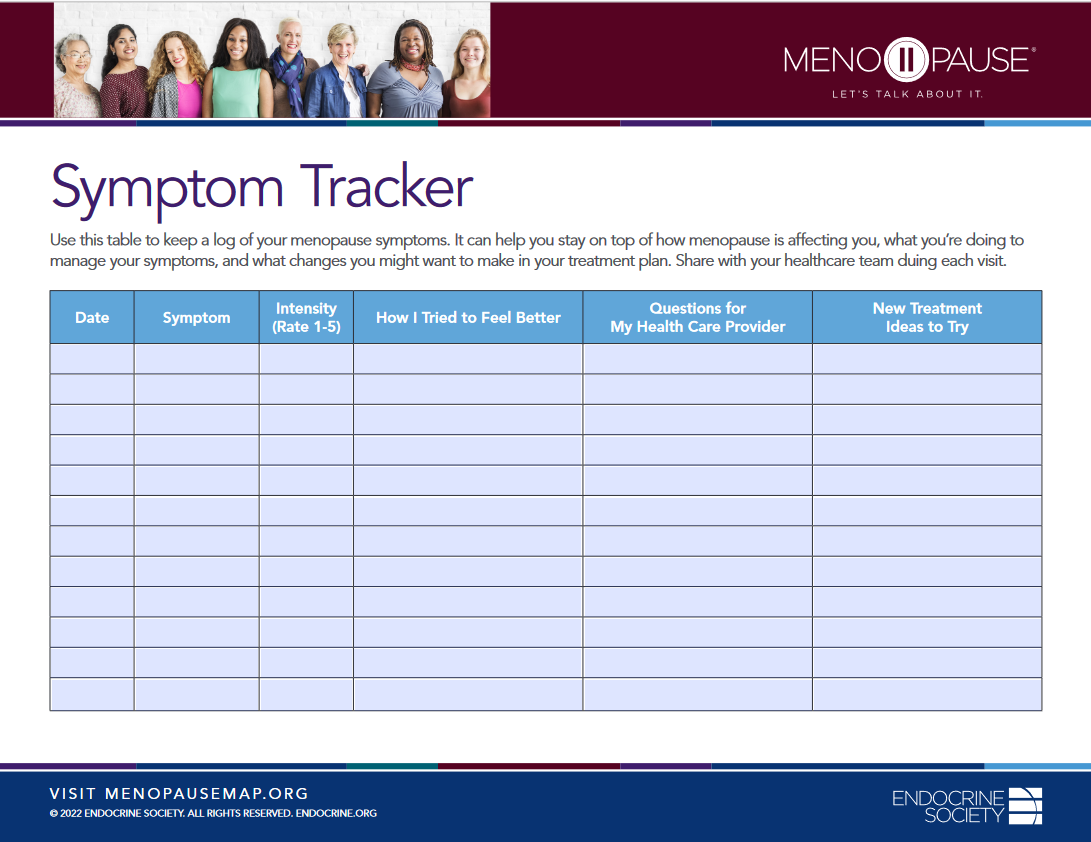
- Menopause Patient Information [Videos] 4. The Different Types of HRT
- Menopause Preparedness Toolkit Video Series: Lifestyle Tips for Menopause
- Menopause Symptoms: Mayo Clinic Expert Outlines Hormone and Nonhormonal Therapies
- Menopause Treatment Options After Cancer [Video]
- Menopause Treatments: What Works, What Doesn’t
- Menopause and HRT
- Menopause and HRT: Fact and Fiction [Video]
- Menopause and Natural Therapies
- Menopause: Ensuring A Tranquil Transition
- Menopause: Identification and Management [NICE Guideline Published: 12 November 2015 Last Updated: 07 November 2024]

- Menopause: Identification and Management: NICE Guideline [NG23] [07 November 2024]
- Menopause: Things You Can Do
- Menopause: Understanding the Changes and Finding Relief | Dr Susan Davis | The Proof Podcast EP 256
- Misinformation Surrounding Hormone Therapy [2024]
- National Center for Complementary and Integrative Health: Herbs At A Glance
- National Center for Complementary and Integrative Health: How Safe Is This Product or Practice?
- National Center for Complementary and Integrative Health: Red Clover
- National Center for Complementary and Integrative Health: Sage
- National Center for Complementary and Integrative Health: Soy
- Natural Therapies
- Navigating Menopause: Honest Answers To All Your Questions [+ Video: What To Expect in Menopause]
- Non-Estrogen Treatments for Menopausal Symptoms
- Nonhormone Treatments for Hot Flashes and Night Sweats
- Perimenopause and Menopause Symptom Checklist

- Physical Activity and Exercise for Hot Flashes: Trigger or Treatment?
- Shedding Light on the Menopause Experience and Demystifying Treatment
- Supplements: What Works, What Doesn’t and the Truth About Menowashing
- The 2023 Practitioner’s Toolkit for Managing Menopause
- The Menopause Society Statement on Misinformation Surrounding Hormone Therapy
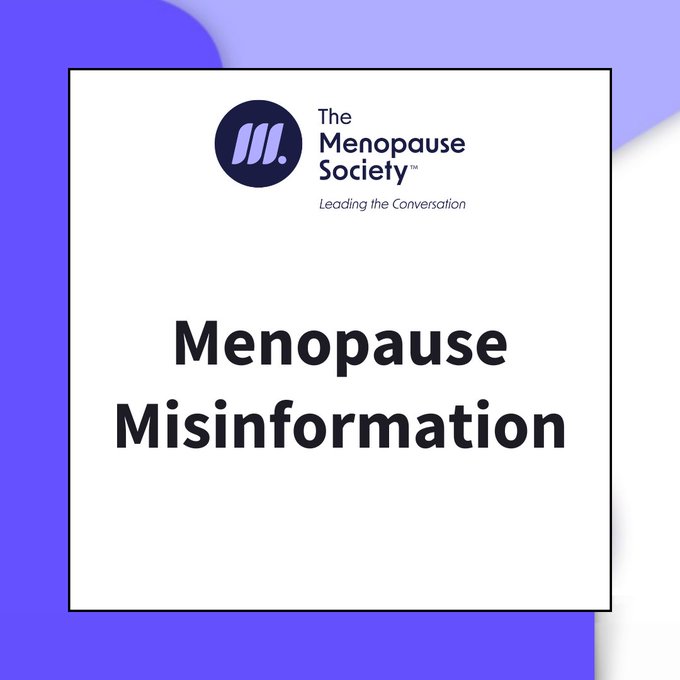
- The Women’s Health Initiative Randomized Trials and Clinical Practice
- Tips To Help Manage Menopause Symptoms
- Treatments for Menopause
- Updated 2024 NICE Menopause Guidance Summary [08 November 2024]
- Videos & Podcasts: Videos – Menopause and Hormone Therapy: Current Perspectives and Controversies
- Webinars: Previous – IMS & ISE Symposium: What’s Hot? Options for Treatment of Hot Flushes 2025
- Webinars: Previous – Non-Hormonal Pharmacological Interventions For VMS
- Webinars: Previous – Non-Pharmacological Interventions For VMS
- What Are the Most Common Symptoms of Menopause? And Which Can Hormone Therapy Treat?
- What To Eat When You Have Hot Flashes?
- World Menopause Day 2024: Leaflet for Women [Multiply Languages]
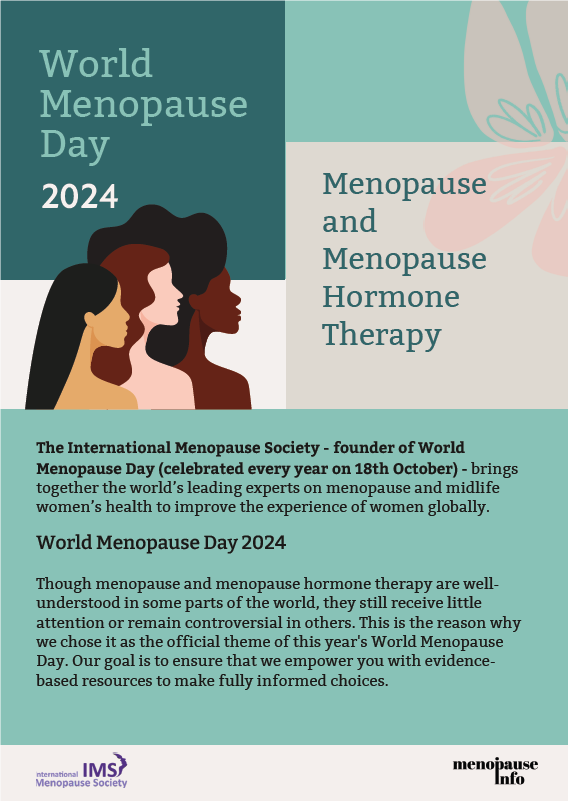
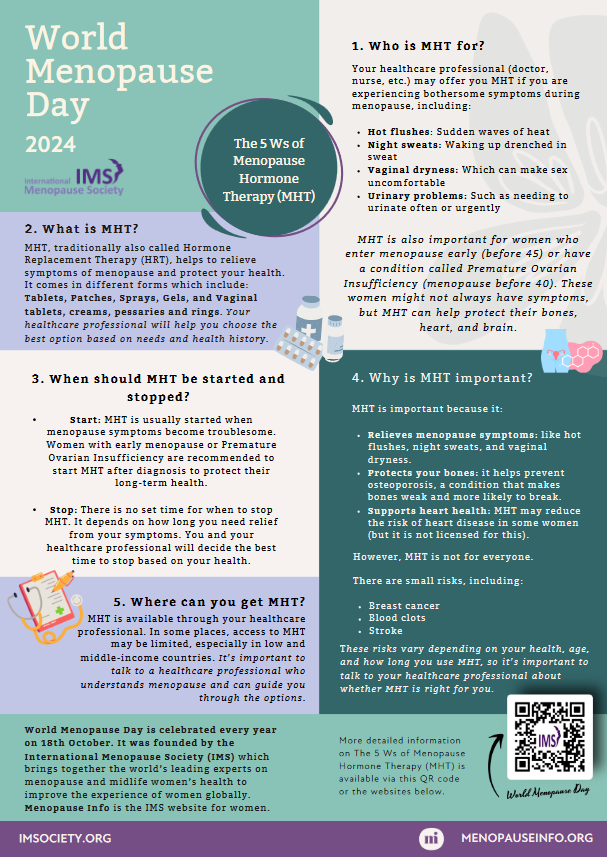 World Menopause Day 2024: Poster for Women
World Menopause Day 2024: Poster for Women
Sources
Where may I find the Sources quoted?
You may find the Sources quoted at:
Sources
- Treatments for Menopause: Menopausal Hormone Therapy – How Does MHT Work? Last Updated: 13 May 2025 | Last Reviewed: 22 April 2025. Jean Hailes https://www.jeanhailes.org.au/health-a-z/menopause/menopause-management Accessed: 11 July 2025
- Davis, S. R., Taylor, S., Hemachandra, C., Magraith, K., Ebeling, P. R., Jane, F., and Islam, R. M. The 2023 Practitioner’s Toolkit for Managing Menopause: Management – Considerations for All Women At Menopause: Menopausal Hormone Therapy First Published Online: 30 October 2023 https://www.tandfonline.com/doi/full/10.1080/13697137.2023.2258783 Accessed: 11 July 2025
- Treatments for Menopause: Menopausal Hormone Therapy – How Does MHT Work? Last Updated: 13 May 2025 | Last Reviewed: 22 April 2025. Jean Hailes https://www.jeanhailes.org.au/health-a-z/menopause/menopause-management Accessed: 11 July 2025
- Deciding About Hormone Therapy Use: Potential Benefits. 2025:1. Menopause Society https://menopause.org/wp-content/uploads/default-document-library/MenoNote-Deciding-About-HT-2025.pdf Accessed: 11 July 2025
- Non-Estrogen Treatments for Menopausal Symptoms. 2022:1. European Menopause and Andropause Society https://emas-online.org/wp-content/uploads/2022/05/Non-estrogen-treatments-for-menopausal-symptoms.pdf Accessed: 11 July 2025
- Hot Flashes: Treatments for Hot Flashes. Menopause Society https://menopause.org/patient-education/menopause-topics/hot-flashes Accessed: 11 July 2025
- Hot Flashes: Treatments for Hot Flashes. Menopause Society https://menopause.org/patient-education/menopause-topics/hot-flashes Accessed: 11 July 2025
- Davis, S. R., Taylor, S., Hemachandra, C., Magraith, K., Ebeling, P. R., Jane, F., and Islam, R. M. The 2023 Practitioner’s Toolkit for Managing Menopause: Management – Non-Hormonal Options With Evidence To Support Efficacy. First Published Online: 30 October 2023 https://www.tandfonline.com/doi/full/10.1080/13697137.2023.2258783 Accessed: 11 July 2025
- Taylor, S and Davis, S. Lots of Women Try Herbs Like Black Cohosh for Menopausal Symptoms Like Hot Flushes – But Does It Work? Published 20 September 2023 https://theconversation.com/lots-of-women-try-herbs-like-black-cohosh-for-menopausal-symptoms-like-hot-flushes-but-does-it-work-211272 Accessed: 11 July 2025
- Nonhormone Treatments for Hot Flashes and Night Sweats. July 2023:2.Menopause Society https://menopause.org/wp-content/uploads/default-document-library/nonhormone-treatment-menonote_f5afc19f-211e-4c1f-8a04-b2d558c6fa66.pdf Accessed: 11 July 2025
- Treatments for Menopause: Hormone Treatments for Menopause – Non-Hormone Medicine: Antidepressants. Last Updated: 13 May 2025 | Last Reviewed: 22 April 2025. Jean Hailes https://www.jeanhailes.org.au/health-a-z/menopause/menopause-management Accessed: 11 July 2025
- Hot Flashes: Diagnosis & Treatment – Treatment: Antidepressants. 04 March 2025. Mayo Clinic https://www.mayoclinic.org/diseases-conditions/hot-flashes/diagnosis-treatment/drc-20352795 Accessed: 11 July 2025
- Hot Flashes: Diagnosis & Treatment – Treatment: Antidepressants. 04 March 2025. Mayo Clinic https://www.mayoclinic.org/diseases-conditions/hot-flashes/diagnosis-treatment/drc-20352795 Accessed: 11 July 2025
- Hot Flashes: Diagnosis & Treatment – Treatment: Antidepressants. 04 March 2025. Mayo Clinic https://www.mayoclinic.org/diseases-conditions/hot-flashes/diagnosis-treatment/drc-20352795 Accessed: 11 July 2025
- Menopause and Menopause Hormone Therapy: 2. What Is MHT? 2024:4. International Menopause Society https://www.imsociety.org/wp-content/uploads/2024/10/2024-WMD-Leaflet_English.pdf Accessed: 11 July 2025
- Hamoda, H., Mukherjee, A., Morris, E., Baldeweg, S. E., Jayasena, C. N., Briggs, P., Moger, S. Joint Position Statement By the British Menopause Society, Royal College of Obstetricians and Gynaecologists and Society for Endocrinology on Best Practice Recommendations for the Care of Women Experiencing the Menopause. First Published Online 10 June 2022:4. https://journals.sagepub.com/doi/full/10.1177/20533691221104879 Accessed: 11 July 2025
- Hot Flashes: What Can I Do? Treating Menopause Symptoms: What’s Right for Me? Content Reviewed: 30 September 2021. National Institute on Aging https://www.nia.nih.gov/health/hot-flashes-what-can-i-do Accessed: 27 December 2024





